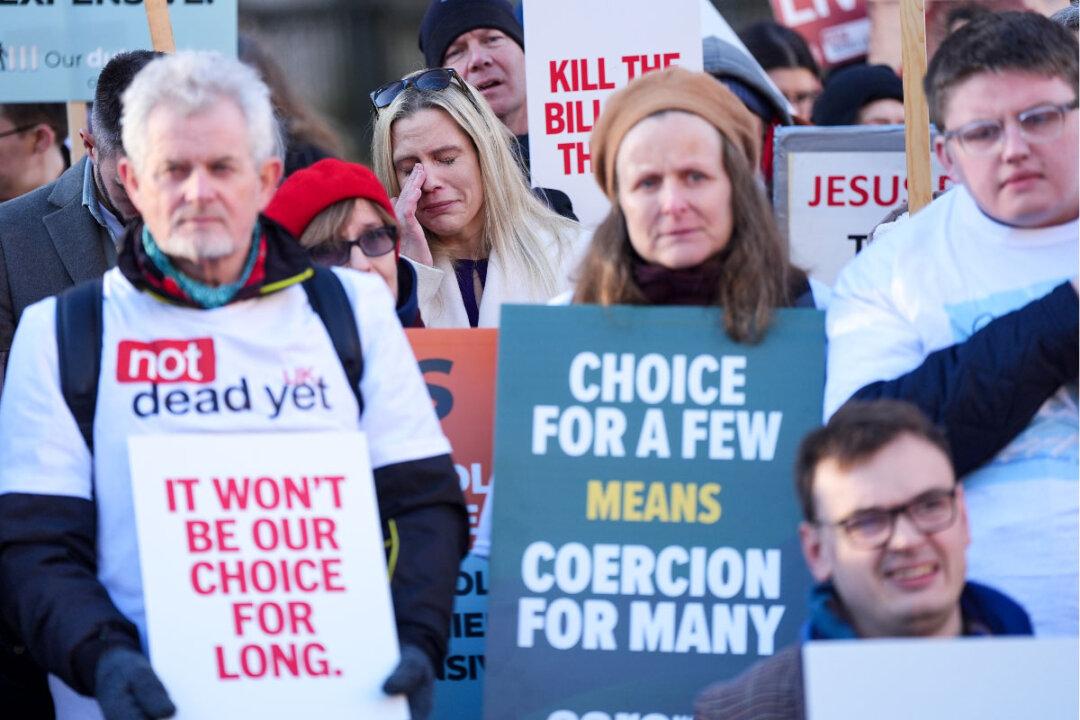The Isle of Man could become the first part of the British Isles to legalise assisted suicide as the Assisted Dying Bill progresses through its final stages.
On Tuesday, the House of Keys voted on several amendments to the bill before it will be sent back to the Legislative Council, the Tynwald’s upper house, next month.
Some of the amendments rejected by the House of Keys included one that would have reduced the residency requirements from five years to one, which was recommended by the Legislative Council.
The lower house also rejected an amendment that would require someone to be present in the room with the dying person at all times, instead recommending that a doctor should be in close proximity.
The Legislative Council could disagree with some of the amendments proposed by the lower house, which would see the bill sent back to the House of Keys.
Current Laws ‘Safeguard’ Against Abuse
The bill would give terminally ill Manx adults who have lived on the island for at least five years and have 12 months or less to live the ability to access medically-assisted suicide.Campaign group My Death, My Decision Isle of Man welcomed what it called the “historic step” on Tuesday, with Chairwoman Vicky Christian saying she believed this will be the last time the bill will be debated in the House of Keys.
She said: “I am incredibly proud of our island for not only listening to its people but, more importantly, listening to those facing the end of life. In this debate, compassion and evidence have prevailed.”
However, opponents to changes in the law warn that vulnerable people could be coerced into agreeing to assisted suicide.
Gordon Macdonald, chief executive of pro-life group Care Not Killing, said, “The current laws prohibiting assisted suicide and euthanasia provide a safeguard against abuse and exploitation and do not need changing.”
Broken Palliative Care System
Pro-life campaigners have also called for palliative care provision to be improved during the debate of Westminster’s Terminally Ill Adults (End of Life) Bill, which would cover England and Wales.President of the Association of Palliative Medicine Sarah Cox put to the committee, “I think the position that we would ask you to consider is this: ‘Is this the right time to be bringing in a law to give people a choice for assisted dying when they don’t have a choice to have good palliative care?'”
Amendments
After hearing from witnesses, the committee began line-by-line scrutiny of the bill, including considering amendments.In response to the proposal, Christian Action, Research, and Education Chairman James Mildred said: “The potential for rules being relaxed over time—through direct challenge in the courts or in Parliament, or through changing practice within medicine—is one major reason not to open the door to assisted suicide at all. Instead, MPs ought to double down on life-affirming, ethical forms of support.”

An amendment by Labour MP Kim Leadbeater, who proposed the Private Members’ Bill, would replace a High Court judge with a panel when granting final approval in cases.
The Westminster bill is expected to return to the House of Commons towards the end of April for the Report Stage, where it will be debated and voted on by all MPs.







